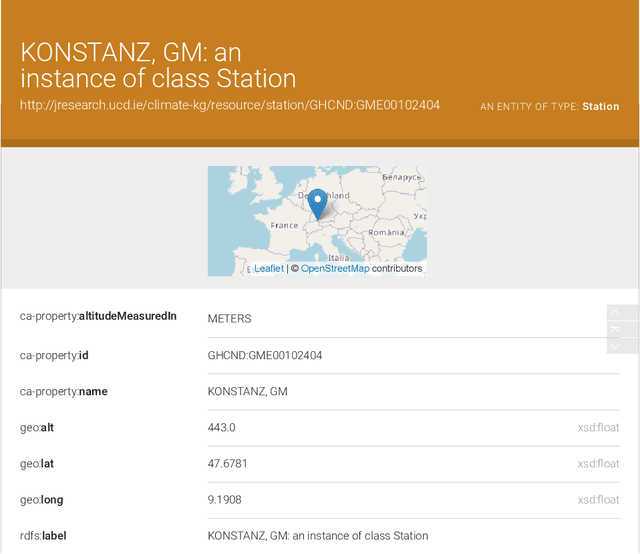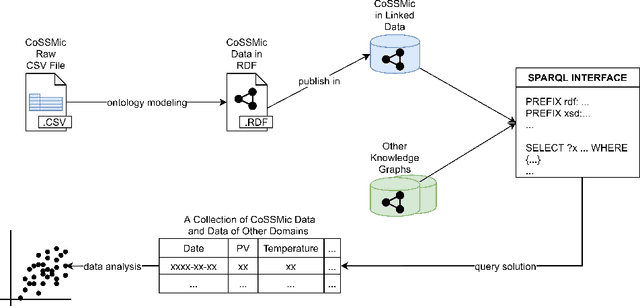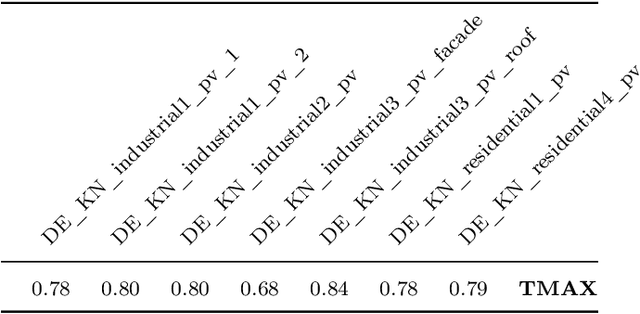A semantic web approach to uplift decentralized household energy data
Paper and Code
Aug 26, 2022



In a decentralized household energy system comprised of various devices such as home appliances, electric vehicles, and solar panels, end-users are able to dig deeper into the system's details and further achieve energy sustainability if they are presented with data on the electric energy consumption and production at the granularity of the device. However, many databases in this field are siloed from other domains, including solely information pertaining to energy. This may result in the loss of information (e.g. weather) on each device's energy use. Meanwhile, a large number of these datasets have been extensively used in computational modeling techniques such as machine learning models. While such computational approaches achieve great accuracy and performance by concentrating only on a local view of datasets, model reliability cannot be guaranteed since such models are very vulnerable to data input fluctuations when information omission is taken into account. This article tackles the data isolation issue in the field of smart energy systems by examining Semantic Web methods on top of a household energy system. We offer an ontology-based approach for managing decentralized data at the device-level resolution in a system. As a consequence, the scope of the data associated with each device may easily be expanded in an interoperable manner throughout the Web, and additional information, such as weather, can be obtained from the Web, provided that the data is organized according to W3C standards.
 Add to Chrome
Add to Chrome Add to Firefox
Add to Firefox Add to Edge
Add to Edge